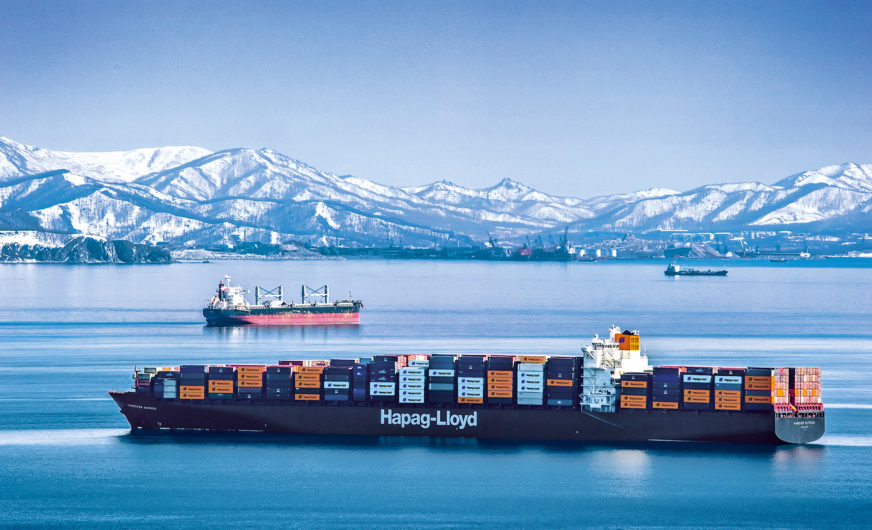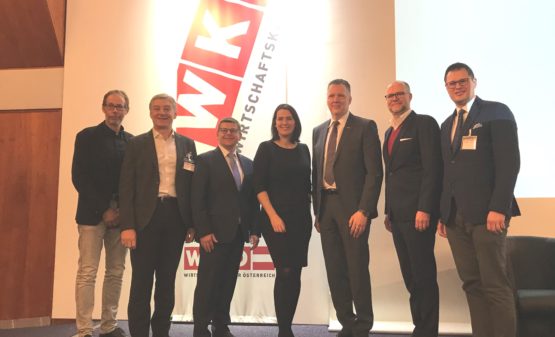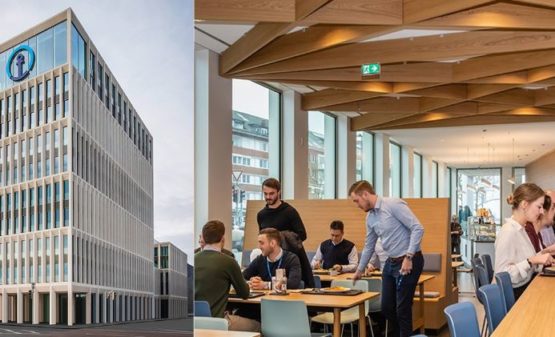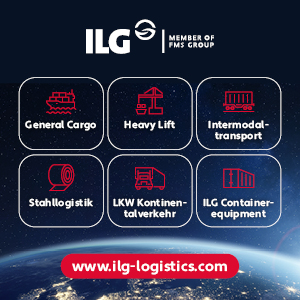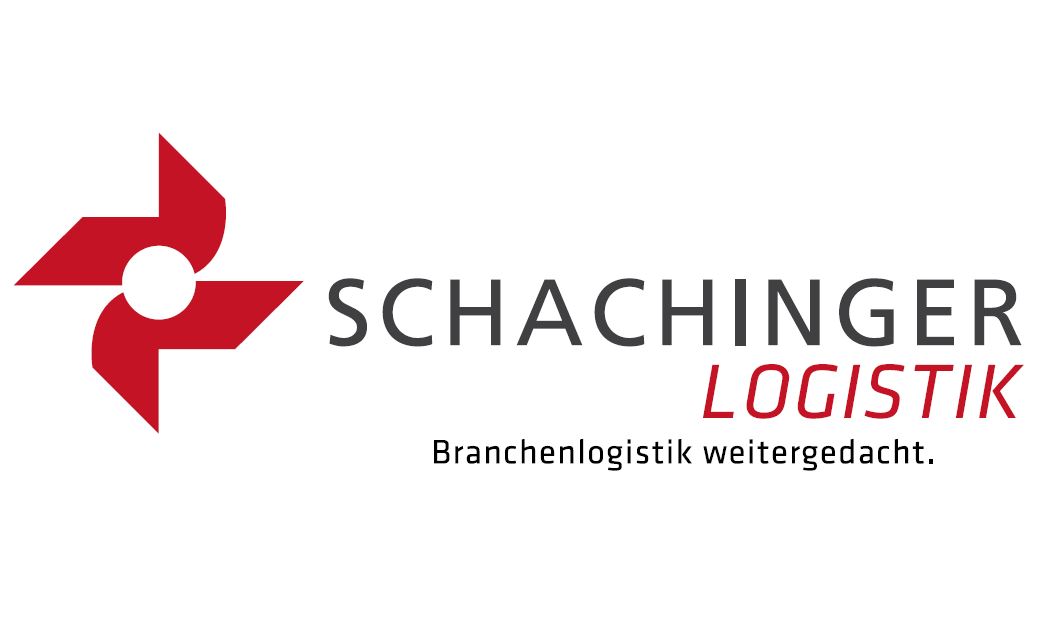The introduction of the IMO2020 sulphur cap as of 1 January 2020 marks a milestone for the shipping industry to reduce marine pollution and become more sustainable. Hapag-Lloyd has taken various actions to be fully compliant with the new regulations. Adjusting to IMO2020 comes along with significantly higher costs for the whole industry. To mitigate fuel price volatility and transitional operational expenses, Hapag-Lloyd will introduce an IMO2020 Transition Charge (ITC) for short-term contracts as of 1 December 2019.
“Switching from high-sulphur fuels to the new low-sulphur fuel will inevitably result in higher fuel prices in the short term. Volatility is also expected to increase, particularly during the transition period. Given these circumstances, we will implement the ITC to cope with the additional costs as well as to have a sustainable and transparent method of pricing our services for our customers,” explains Rolf Habben Jansen, Chief Executive Officer of Hapag-Lloyd.
The ITC applies to freight of all kinds cargo and spot business with a validity up to 3 months. Tender business will not be affected by the ITC.
With a fleet of 237 container ships and a total transport capacity of 1.7 million TEU, Hapag-Lloyd is one of the world’s leading liner shipping companies. The Company has around 12,800 employees and 399 offices in 128 countries. Hapag-Lloyd has a container capacity of approximately 2.6 million TEU – including one of the largest and most modern fleets of reefer containers. A total of 118 liner services worldwide ensure fast and reliable connections between more than 600 ports on all the continents. Hapag-Lloyd is one of the leading operators in the Transatlantic, Middle East, Latin America and Intra-America trades.


